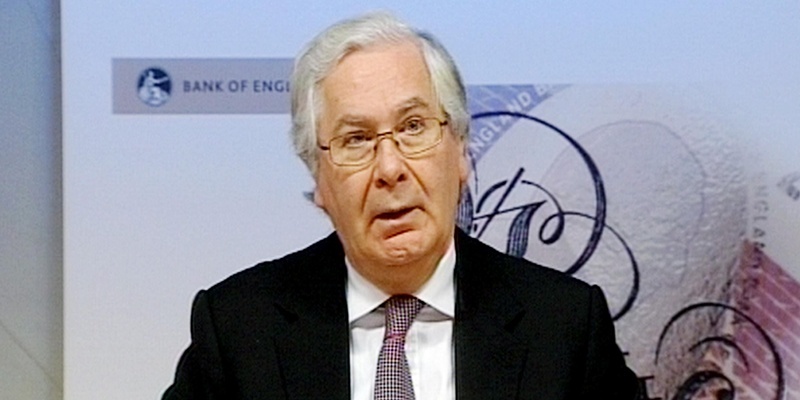Britain has been told to prepare for a winter of discontent caused by the deepening economic gloom across Europe and the prospect of further mass strikes.
The Government has warned that the country is already on the brink of a second credit crunch, while Bank of England governor Sir Mervyn King has told banks to make contingency plans should the eurozone collapse.
Meanwhile, unions are warning there could be another wave of strikes in the New Year in their battle against changes to public sector pensions.
Around two million public sector workers walked out on Wednesday in protest against pension reforms they claim will cost more and force people to work longer for the same return.
Union leaders say they were prepared to call more strikes next year unless the Government makes significant concessions.
The threat of more industrial action comes at a time when Europe faces its largest economic crisis in decades.
The woes afflicting the eurozone have been branded as the ”most significant and immediate threat to UK financial stability” by the interim Financial Policy Committee, which Sir Mervyn King chairs.
UK banks are owed nearly £200bn by the five eurozone countries deemed most vulnerable: Greece, Portugal, Italy, Spain and Ireland.
Although it is unlikely the taxpayer would have to bail out the affected banks again, their ability to lend to businesses would be restricted, slowing down the UK’s economic recovery even more.
However, the collapse of the eurozone would not just spell trouble for the banks. Each member country would have to introduce a new currency, making trade more complicated.
As a major exporter to the EU, the collapse of the euro would further hinder economic growth here.
Economists have said that the UK will re-enter recession if the eurozone does fail.
The need to cut the deficit prompted the coalition Government to change public sector pensions, which in turn led to Wednesday’s strikes.
Some experts have said there are only days left to prevent a eurozone collapse.
On Wednesday the Bank of England and five others cut the cost of providing dollars to banks. Although Sir Mervyn said this would provide a temporary fix to ”liquidity problems,” he said it would not be enough to solve the crisis permanently.
EU leaders will meet next week to discuss a way to end the crisis.
Germany wants to push through new rules that would give countries the power to veto national budgets in the eurozone that breach rules.
Photo by Bloomberg TV/PA Wire
